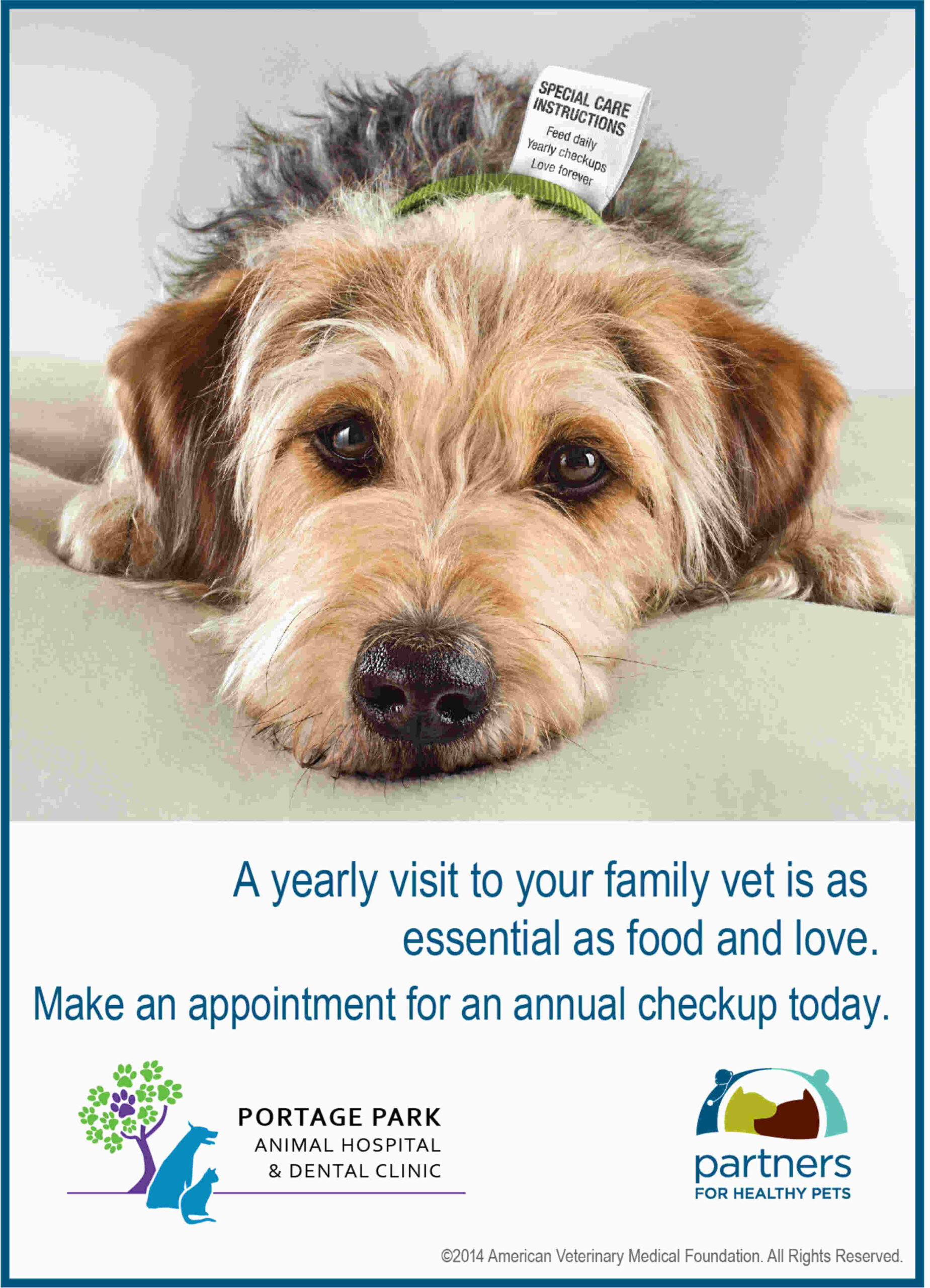
As cats age, they experience various changes that can affect their health and behavior. Understanding these changes is crucial for providing the best care for your feline companion in their golden years. This guide will help you recognize the signs of aging in cats and what to expect as your furry friend enters their senior years.
When Is a Cat Considered a Senior?
The aging process in cats is more rapid than in humans, but it’s not as simple as the old “one human year equals seven cat years” rule. Generally, cats are considered seniors when they reach 11 years of age. However, some cats may start exhibiting senior qualities as early as 8, and many vets recommend starting senior care routines around this time.
It’s important to note that individual cats age differently, and factors such as breed, diet, and overall health can influence when a cat enters their senior years.
As your cat approaches this milestone, it’s wise to discuss their changing needs with your veterinarian. They can provide guidance on adjustments to diet, exercise routines, and the frequency of health check-ups. This will help your cat stay healthy and comfortable in their later years.
Understanding Aging Cat Symptoms
Slowing Down
One of the most noticeable signs of aging in cats is a general slowing down. You may observe your once-energetic feline becoming less enthusiastic about playtime or less inclined to climb to high perches. This decrease in activity is normal and shouldn’t be a cause for alarm. Other signs include:
- Longer and more frequent naps
- Difficulty navigating stairs
- Less interest in jumping or climbing
These changes are often due to natural muscle loss and reduced flexibility that comes with age. While some slowing down is expected, if you notice significant difficulty with standing or walking, it’s best to talk to your veterinarian to rule out any underlying health issues.
Reduced Senses
As cats age, their sensory abilities may diminish. Two areas commonly affected are hearing and vision.
Hearing Loss
Many senior cats experience some degree of hearing loss. The extent can vary widely, from barely noticeable to complete deafness. If you suspect your cat is having trouble hearing, it’s important to have a veterinary examination. Sometimes, hearing issues can be caused by treatable conditions like ear infections or parasites.
Vision Changes
Most older cats develop a condition called lenticular sclerosis, which appears as a bluish, transparent haze in the pupils. This is a normal part of aging and usually doesn’t significantly impact vision. However, if you notice white, opaque changes in your cat’s eyes, this could indicate cataracts, which require veterinary attention.
Behavioral Changes
Aging can bring about various behavioral changes in cats. Some common changes include:
- Increased vocalization, especially at night
- Changes in sleep patterns
- Altered social interactions (may become more or less affectionate)
- Confusion or disorientation
These changes can sometimes be signs of cognitive dysfunction, similar to dementia in humans. If you notice significant behavioral shifts, it’s important to discuss them with your veterinarian, as they may be able to suggest strategies to help your cat cope with these changes.
Dental Issues
Dental problems become more common as cats age. Signs of dental issues include:
- Bad breath
- Difficulty eating or loss of appetite
- Drooling
- Pawing at the mouth
Regular dental check-ups and at-home dental care can help manage these issues. Your veterinarian can provide guidance on proper dental care for your senior cat.
Difficulty Grooming
Many older cats may have difficulty grooming themselves as thoroughly as they once did. This can be due to reduced flexibility or joint pain. You may notice:
- Matted or unkempt fur, especially in hard-to-reach areas
- A less shiny coat
- Overgrown claws
Assisting your senior cat with grooming can help maintain their coat health and provide an opportunity for bonding. Gentle brushing and nail trimming can be particularly beneficial.
Weight Changes
Weight changes are common in senior cats and can go in either direction. Some cats may gain weight due to decreased activity, while others may lose weight. Both situations warrant attention.
Weight gain can put extra stress on joints and internal organs. If you notice your cat gaining weight, consult with your vet about adjusting their diet and increasing gentle exercise. Weight loss can be a sign of various health issues, including dental problems, kidney disease, or hyperthyroidism. Unexplained weight loss should always be evaluated by a veterinarian.
Bring Your Cat to a Senior-Friendly Vet
Overall, these signs of aging are normal, and a vet visit isn’t required. However, if you think that your cat is having difficulty with walking or standing, or has cataracts or significant hearing loss, it is time to visit the vet.
At Portage Park Animal Hospital, your vet will be able to discuss necessary adjustments to care, diet, and exercise. We also offer lab services, surgical services, and compassionate end-of-life care.
Call (773) 725-0260 to schedule your first appointment.


